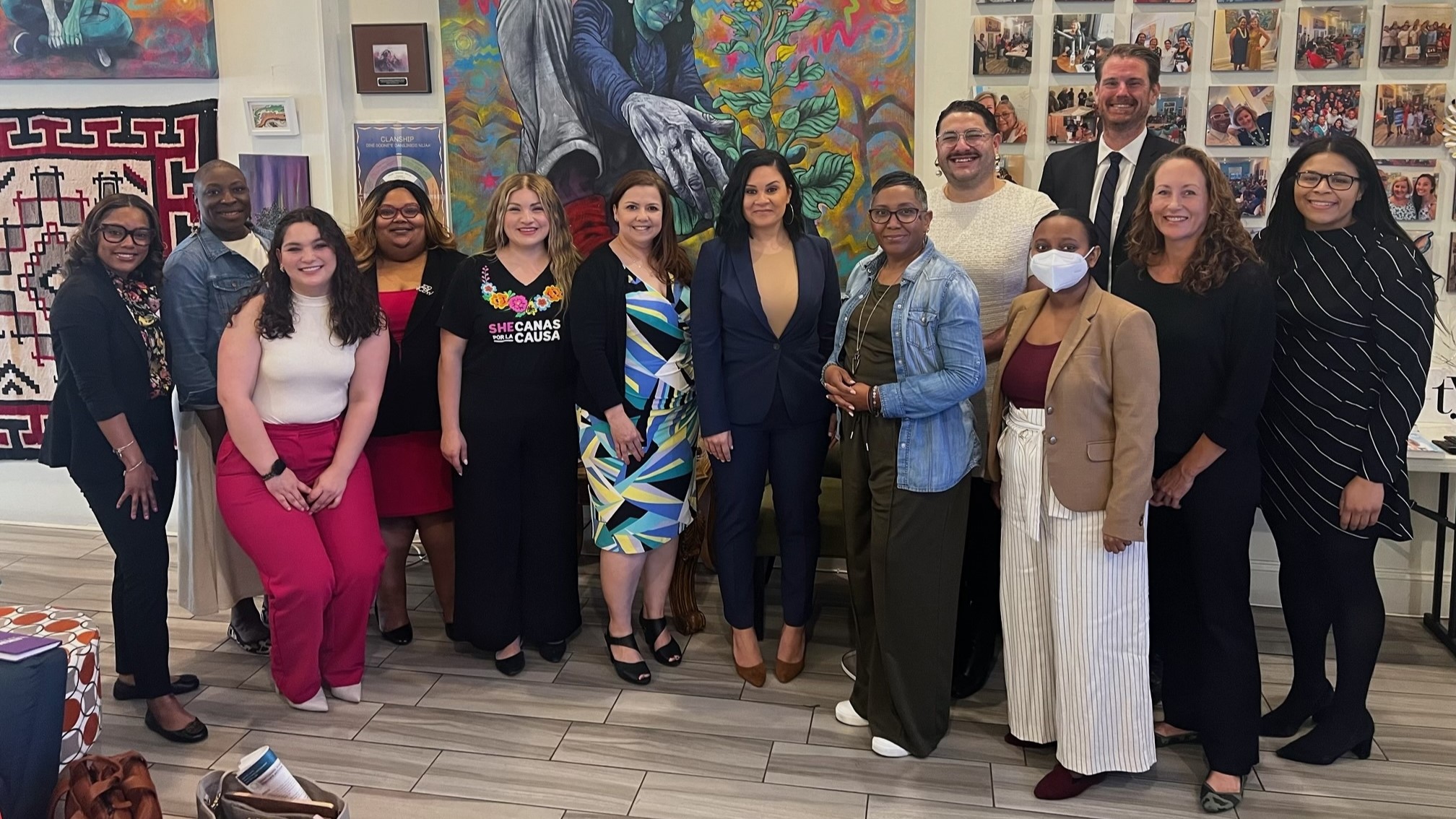Training kicked off last month in Arizona for a new class of legal advocates who will work at community-based organizations throughout the state to provide free limited-scope legal help to clients in domestic violence and housing matters.
The training program, a partnership between the Arizona Supreme Court and Innovation for Justice (i4J), a program jointly housed at the James E. Rogers College of Law at the University of Arizona and the David Eccles School of Business at the University of Utah, is preparing a cohort of 37 advocates who work at community-based organizations (CBOs) in Arizona.
As part of the social services they provide through their CBOs, the advocates will be authorized to provide free, limited-scope legal advice to their clients, upon completion of training and passage of a certifying exam.
This training represents an expansion of a pilot program, originally known as the Licensed Legal Advocate Program, developed by i4J and approved by the Supreme Court in 2019, to train and license lay legal advocates to advise victims of domestic abuse.
Related: LawNext Episode 60: Innovation for Justice Director Stacy Rupprecht Jane.
This year, the court renamed and expanded that program as the Domestic Violence Legal Advocate Pilot Program and broadened the types of entities that could participate to expand its reach to more organizations statewide.
The court also created a second program, the Housing Stability Legal Advocate Pilot Program, through which advocates are authorized to provide general legal information and advice regarding housing matters.
In both cases, the court’s orders modify Arizona’s rule prohibiting the unauthorized practice of law to allow individuals who receive certification through these initiatives to provide limited-scope legal advice within the everyday course of their services.
Among the prerequisites to certification are that a candidate complete the course of study developed by i4J and pass an examination.
Of this current cohort of 37, 28 will be housing advocates, five will be domestic violence advocates, and one will be trained in both.
i4J says that it developed these programs after extensive research made it clear that survivors of domestic violence and people experiencing housing instability want to receive legal help from trusted CBOs, and that CBOs want their staff to have the training to provide that help.
“As part of the global movement for legal empowerment, these trainings invite us all to critically reflect and dream of a legal future premised on a shared right to legal knowledge and power,” said Antonio Coronado, project lead for i4J’s community legal education initiatives.
Pictured above: Domestic Violence Legal Advocates (DVLA) and Housing Stability Legal Advocates (HSLA) advocates-in-training meet recently with the U.S. Department of Justice’s Office of Access to Justice Director Rachel Rossi to discuss the impacts of these legal empowerment initiatives on their communities.
 Robert Ambrogi Blog
Robert Ambrogi Blog